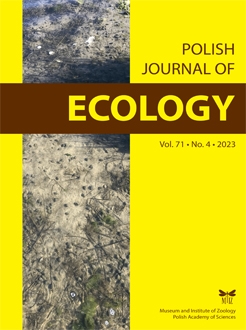Most allelopathic studies have focused only on the allelopathy of invasive plants on the growth performance of native plants, while neglecting the allelopathy of native plants on the growth performance of invasive plants, especially species that can co-invade the same ecosystem. This study aimed to evaluate the allelopathy of the native plant Pinus massoniana Lamb. on the seed germination and seedling growth of two invasive Amaranthaceae species, Celosia argentea L. and Amaranthus retroflexus L. using a germination bioassay. Pinus massoniana showed significant allelopathy on the seed germination and seedling growth of the two invasive Amaranthaceae species. The allelopathy of P. massoniana on the seed germination and seedling growth of the two invasive Amaranthaceae species may be attributed to the effects of the generated stress on their germination activity. Pinus massoniana exhibited stronger allelopathy on the seed germination and seedling growth of A. retroflexus than on that of C. argentea. Thus, the invasiveness of A. retroflexus is expected to be lower than that of C. argentea in contact with P. massoniana. The allelopathy of P. massoniana on the seed germination and seedling growth of the two invasive Amaranthaceae species under the co-cultivated conditions was stronger than that under the monocultural conditions. Accordingly, the aqueous extract of P. massoniana can be considered a potential bioherbicide for the control of the two invasive Amaranthaceae species, particularly when both species co-occuring.
How to translate text using browser tools
8 May 2024
Allelopathy of Native Pinus massoniana Lamb. on Invasive Species: Stronger Effect on Amaranthus retroflexus L. than on Celosia argentea L.
Chuang Li,
Yue Li,
Zhelun Xu,
Shanshan Zhong,
Jun Liu,
Zhongyi Xu,
Mawei Zhu,
Yuqing Wei,
Congyan Wang,
Daolin Du
ACCESS THE FULL ARTICLE

Polish Journal of Ecology
Vol. 71 • No. 4
December 2023
Vol. 71 • No. 4
December 2023
allelochemicals
aqueous extract
Bioherbicides
co-invasion
growth performance
invasiveness




